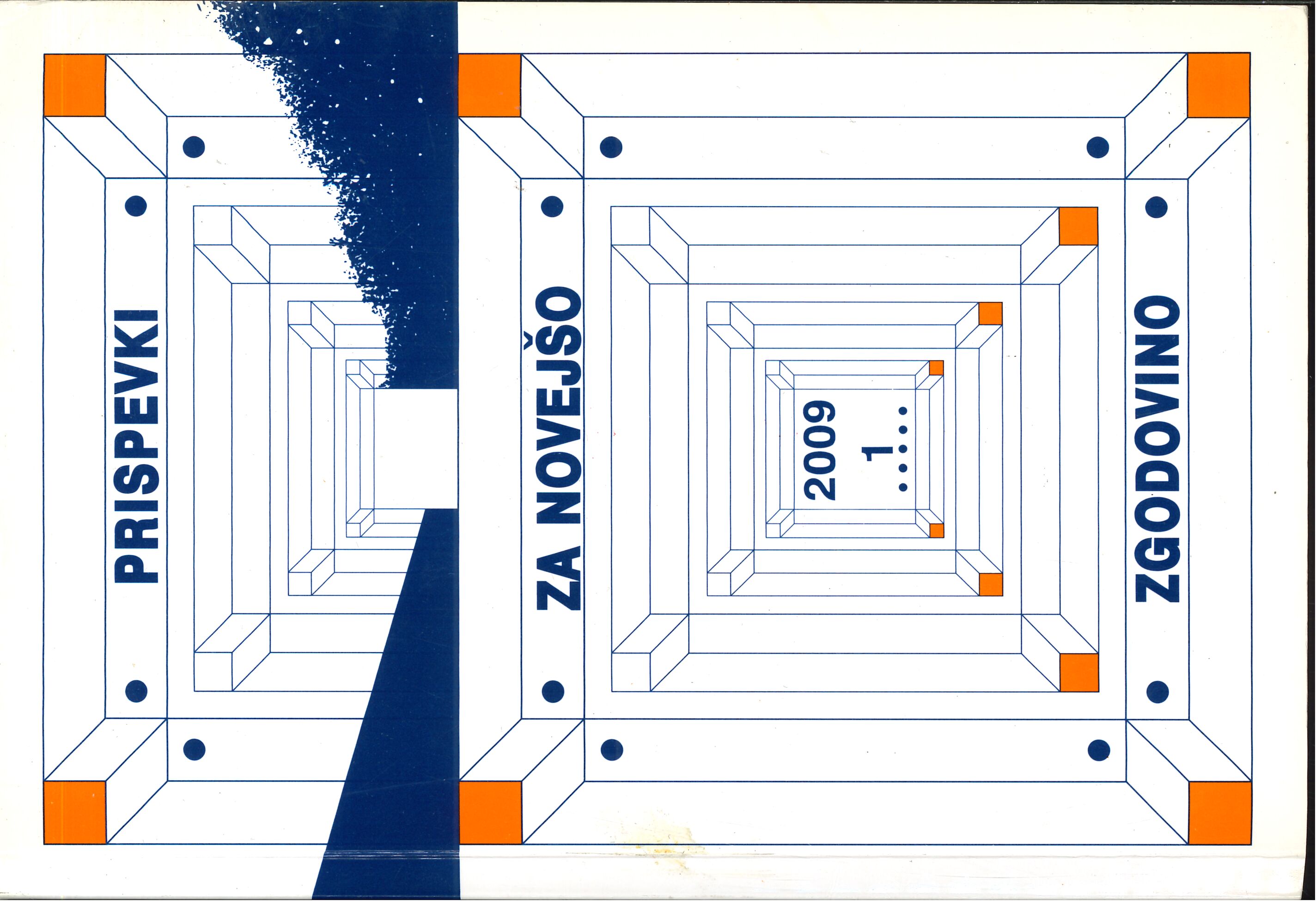"The Statement of a Single Reliable Slovenian is Enough". Denunciations of the Pro-German Elements after the Dissolution of the Habsburg Monarchy in the Documents of the District Court in Slovenske Konjice
Keywords:
Austro-Hungarian Monarchy, Yugoslavia, Lower Styria, politics, national struggle, denunciations, national intoleranceAbstract
After the dissolution of the Austro-Hungarian Monarchy and the establishment of the new Yugoslav state, Germans in the Lower Styria were not ready to accept new political circumstances. They explicitly disapproved of the new "Southern Slavic" state and strove for their inclusion into the "German Austria". This spurred the Slovenian authorities to become even more severe and determined in the implementation of the systematic policy of "nationalisation". Slovenians hastened to "rectify" the old injustices. Slovenian newspapers demanded "unscrupulous cleansing" of anything that was German or in any way reminiscent of the old Austria and the former German dominion. In the initial post-war years the "ethos of vengeance" absolutely prevailed over the sense of justice. After the overturn "different elements which sow the seeds of discontent with Yugoslavia" also appear and "deliberately disseminate horrible fabricated news". The authorities called upon the people to denounce the anti-state elements. Practically that was supposed to be the duty of each reliable Slovenian. The following discussion focuses on the denunciations based on the speech against the state, preserved in the documents of the District Court in Slovenske Konjice, and on the incidents which reflected national intolerance in the everyday life in the new state after the World War I.
Downloads
Published
Issue
Section
License
Authors who publish with this journal agree to the following terms:
- Authors retain copyright and grant the journal right of first publication with the work simultaneously licensed under a Creative Commons Attribution License that allows others to share the work with an acknowledgement of the work's authorship and initial publication in this journal.
- Authors are able to enter into separate, additional contractual arrangements for the non-exclusive distribution of the journal's published version of the work (e.g., post it to an institutional repository or publish it in a book), with an acknowledgement of its initial publication in this journal.
- Authors are permitted and encouraged to post their work online (e.g., in institutional repositories or on their website) prior to and during the submission process, as it can lead to productive exchanges, as well as earlier and greater citation of published work (See The Effect of Open Access).


